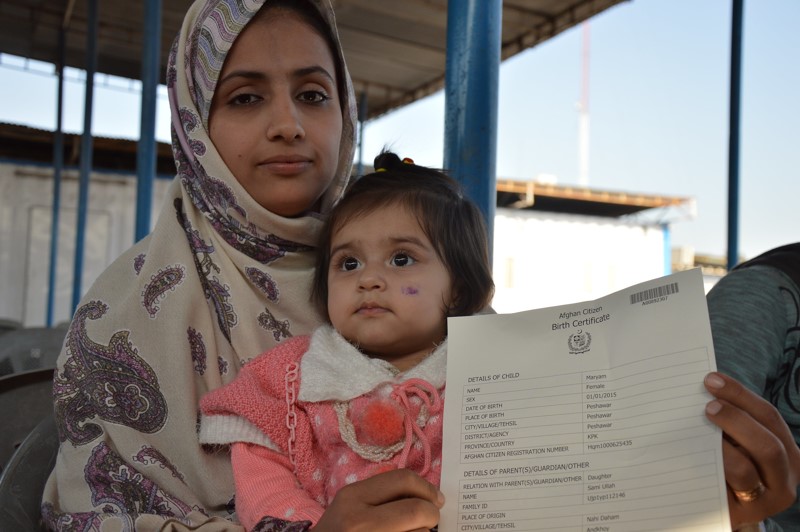Soon after the U.S. government’s hasty and chaotic withdrawal from Afghanistan last summer, the United States received over 80,000 Afghan evacuees, many of whom were at added risk due to their association with the U.S. government during the two-decade war. Ninety percent of these migrants entered the country on humanitarian parole (HP), which allows them to live and work in the U.S. for two years, but does not provide a path to permanent residency, leaving them in legal limbo.
Meanwhile, tens of thousands of Afghans were left behind. Although a program was created to allow them to apply for parole from Afghanistan or a third country, the Department of Homeland Security has only processed 12 percent of those applications. Only 1.5 percent of those have been granted. It is a moral imperative that we stand by those most at risk, especially those we explicitly promised to protect, but we are not doing so.
The Afghan Adjustment Act (AAA), would allow Afghans with humanitarian parole to apply for permanent legal status and would expand the categories of Afghans eligible for Special Immigrant Visas (SIVs). The White House included the AAA in its request for the continuing resolution to extend funding for the federal government, but it was stripped out before the bill was signed last week.
If the AAA fails to move forward, Afghans who were paroled into the U.S. will have to apply for permanent residency through other programs, such as refugee admissions, asylum, or the SIV program. But these programs are plagued by enormous backlogs and long processing times. The current asylum backlog is nearly 670,000 cases, which will take about 4.5 years to process, far longer than the two-year duration of HP. Without the AAA, tens of thousands of Afghans will be at risk of being returned to a place where they could face grave danger.
The delays in passing the AAA and in processing the applications of Afghans still overseas stand in stark contrast to the treatment of Ukrainian refugees, who have rightly received streamlined treatment. This spring, Congress passed a humanitarian assistance bill which included support for Ukrainians in the U.S., but did not include similar provisions for Afghans. The following month, the Biden administration announced a program that greatly reduced application requirements for Ukrainians. In the first three weeks of the program, the Department of Homeland Security processed more than 6,000 Ukrainian applications, far outpacing the number of Afghan applications processed in the nine months since the evacuation of Afghanistan.
Philanthropy can leverage its influence by voicing support for the Afghan Adjustment Act. We encourage funders to join GCIR in signing on to Evacuate Our Allies’ endorsement of the AAA. Passage of the AAA is one of GCIR’s national policy priorities, and is a top priority for Afghan American leaders, veterans, and others supporting recent arrivals. Funders can also bolster the efforts of those serving and advocating for Afghan migrants by providing flexible general support grants to Afghan-led groups, such as Afghan Network for Advocacy & Resources (ANAR) and Afghans for a Better Tomorrow.
As a country, we are clearly still able to provide protection and support to those seeking shelter on our shores. We must find the political will to extend that welcome to Afghans and others seeking refuge.
"Afghan Refugees: The Path Home" by EU Civil Protection and Humanitarian Aid on Flickr is licensed under CC BY-ND 2.0
